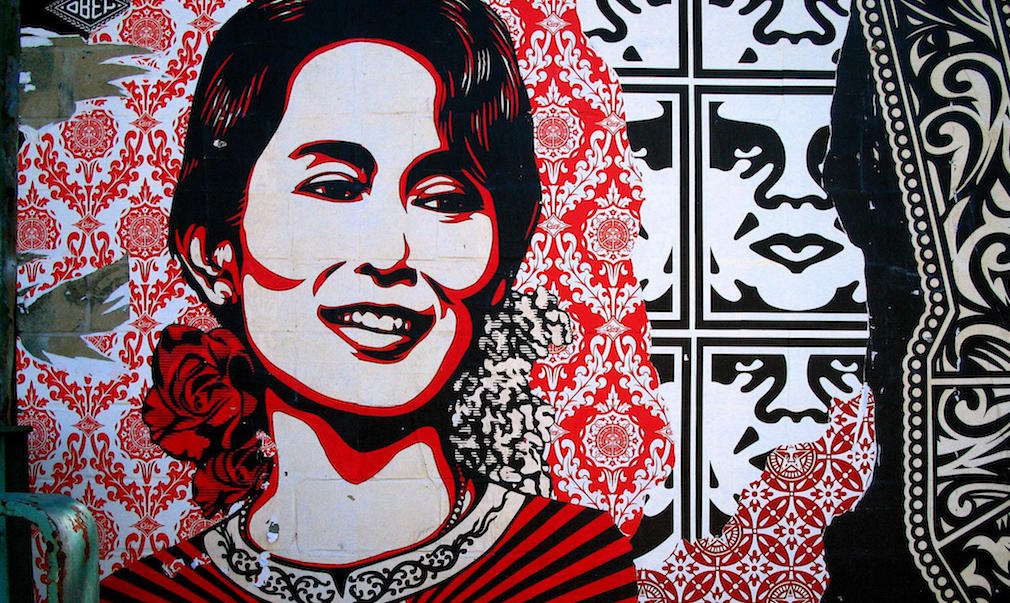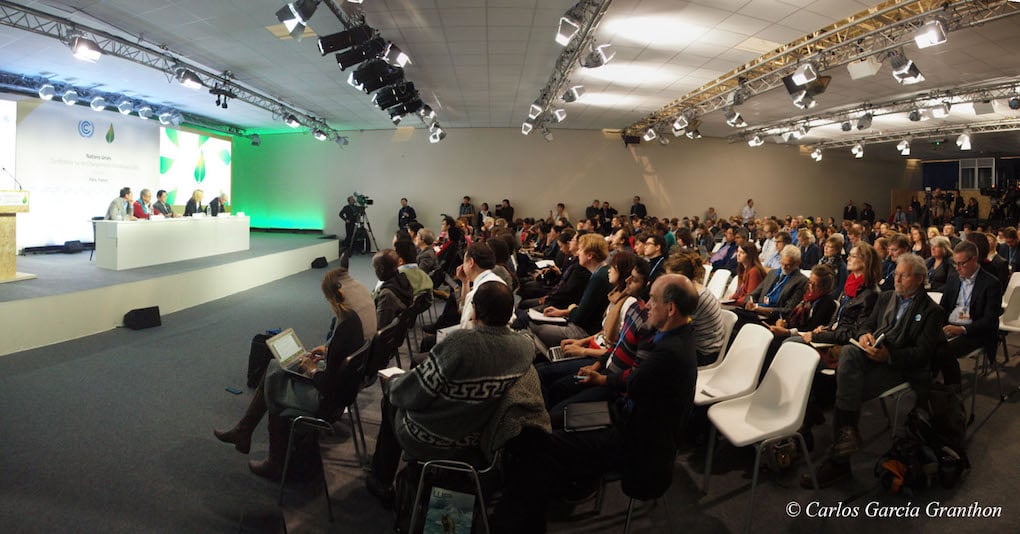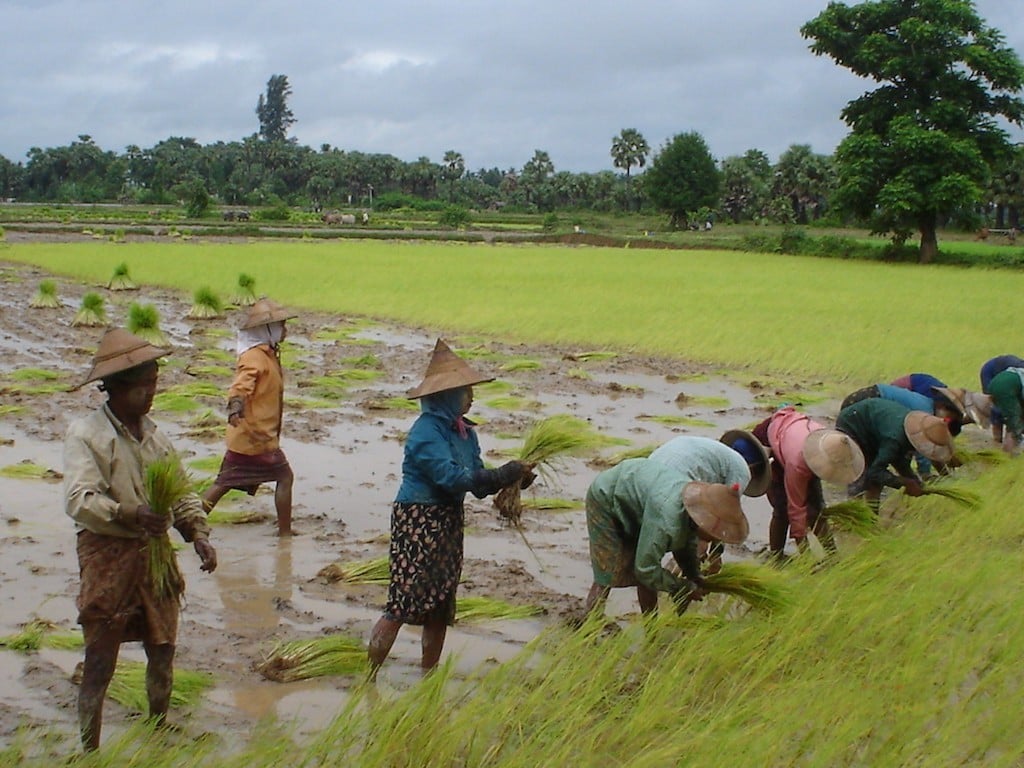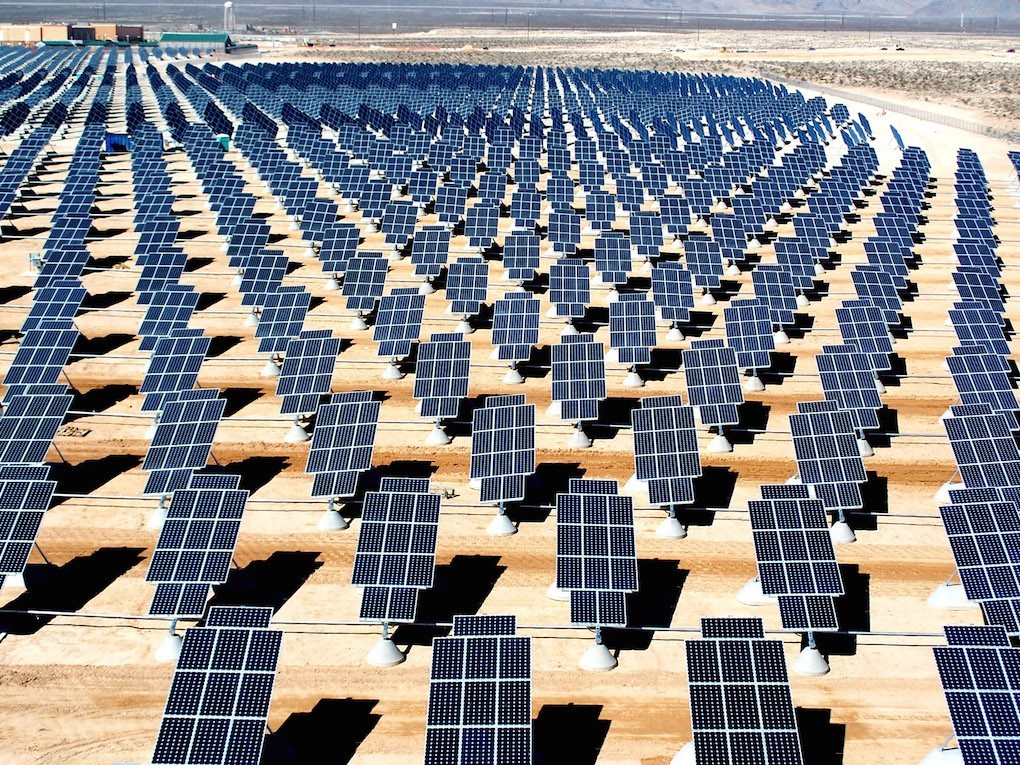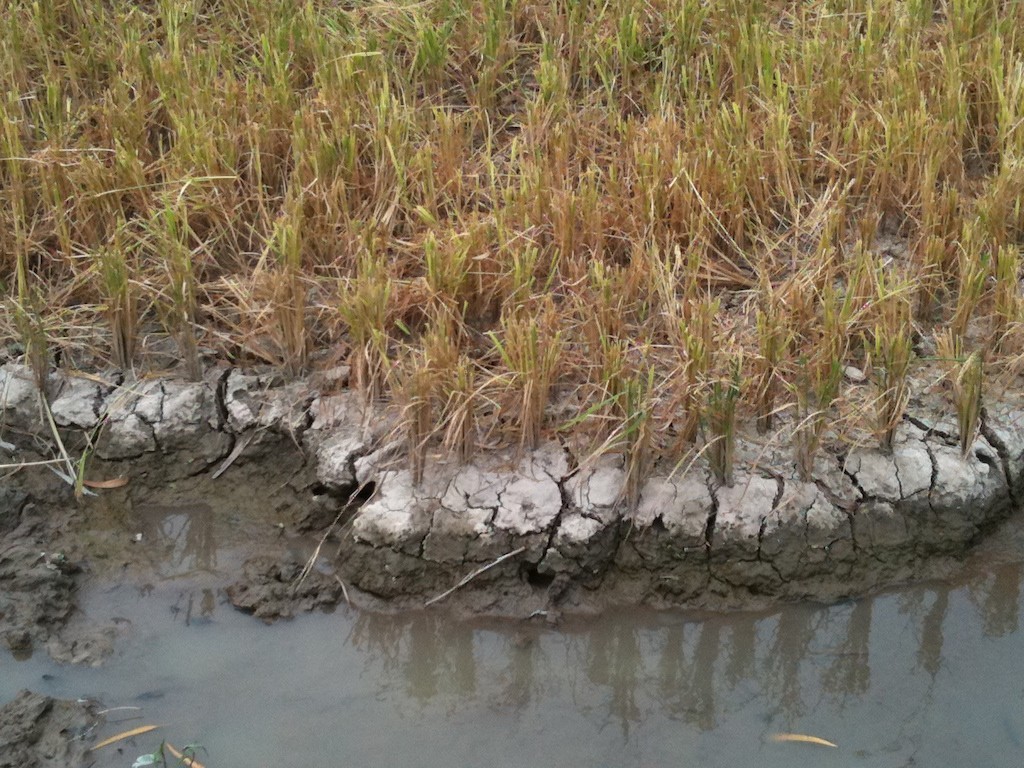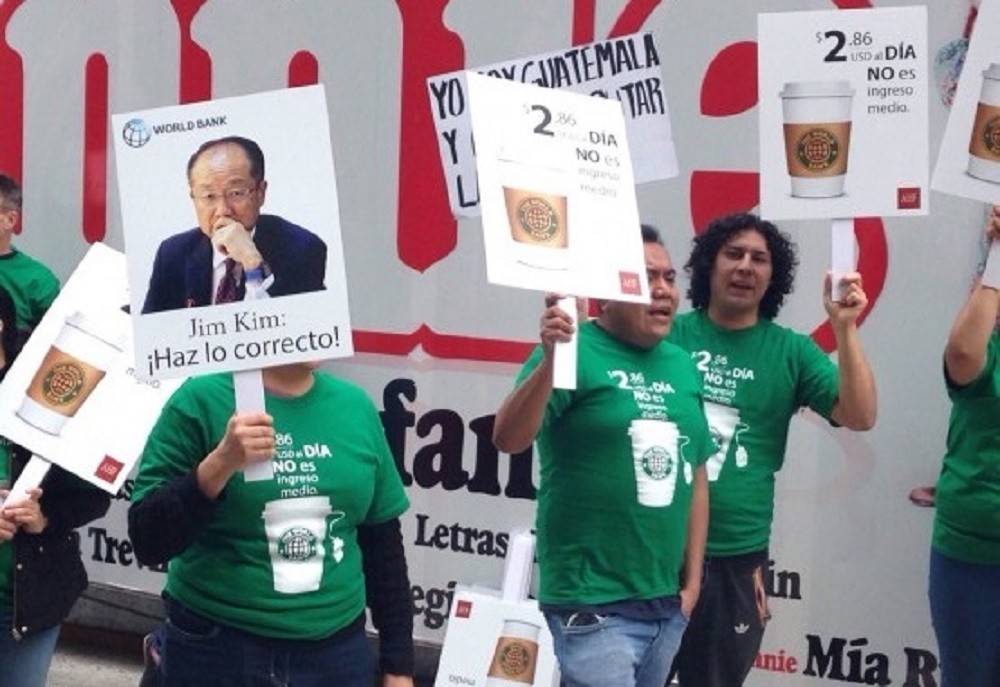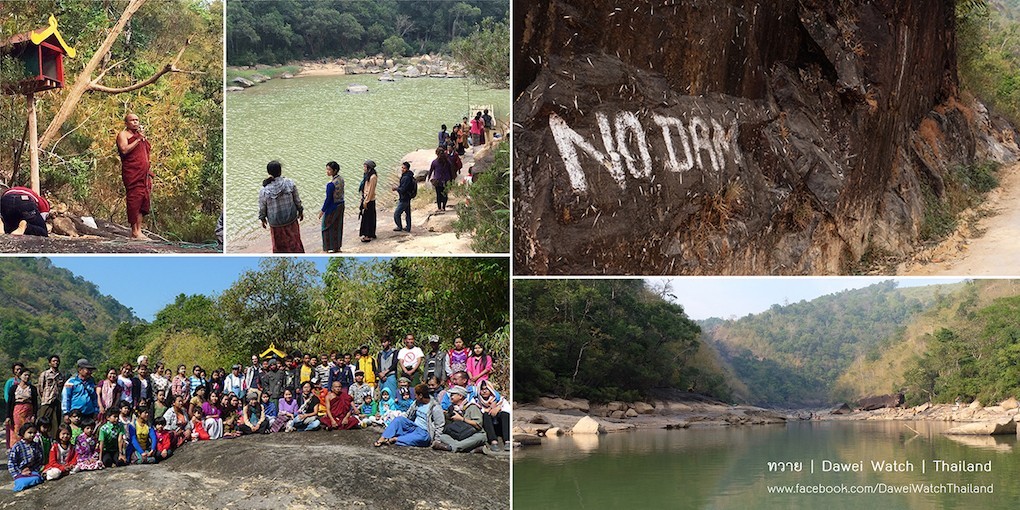Many industrial zones nationwide failed to operate their waste treatment systems properly and have dumped large amounts of industrial waste with high levels of toxic chemicals into the environment, according to Dr Le Trinh, from Viet Nam Environmental Science and Development Institute.
Trinh said industrial waste and wastewater were major contributors to environmental pollution.
Industrial and urban wastewater has caused serious water pollution in many channels in HCM City, including the Tham Luong, Ba Bo and An Ha channels, according to the institute.



